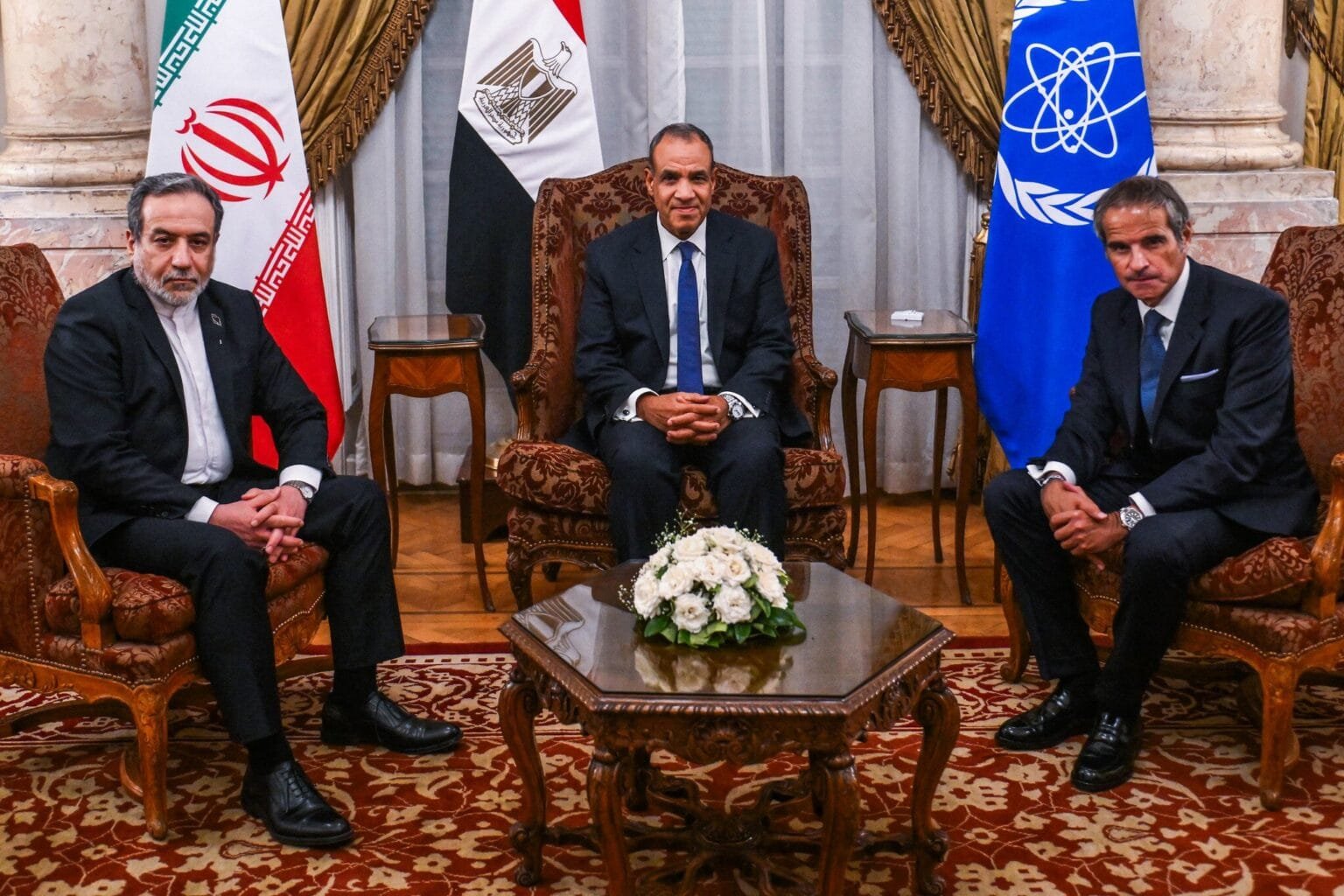Iran and the International Atomic Energy Agency (IAEA) agreed in Cairo to resume cooperation under a newly designed framework, signaling a cautious yet meaningful thaw in their strained relations. The agreement, reached by IAEA Chief Rafael Grossi and Iranian Foreign Minister Abbas Araghchi, outlines the resumption of nuclear inspections, potentially including facilities that were severely damaged in U.S. and Israeli strikes in June, though precise inspection terms remain undisclosed.
Diplomatically, this move arrives as European powers—France, Britain, and Germany—have initiated steps to reimpose UN sanctions under the 2015 nuclear deal’s snapback mechanism, citing Iran’s lack of transparency, its enriched uranium buildup (notably 440.9 kilograms enriched to 60%), and stalled inspections. Iran responded strongly, warning that the deal would be voided if any hostile actions, such as renewed sanctions, proceed.
Iran’s unilateral halt to cooperation with the IAEA began after June’s military strikes led its parliament to legislate that all future inspections require approval from the Supreme National Security Council, raising concerns about enforcement of its Non-Proliferation Treaty commitments.
Today’s technical agreement is seen as a hopeful but fragile step forward. Grossi described the deal as a “positive step” toward restarting verification efforts, yet its sufficiency in averting sanctions remains uncertain. Iran’s uranium stockpile, enriched to near-weapon grade, continues to pose serious proliferation concerns.





